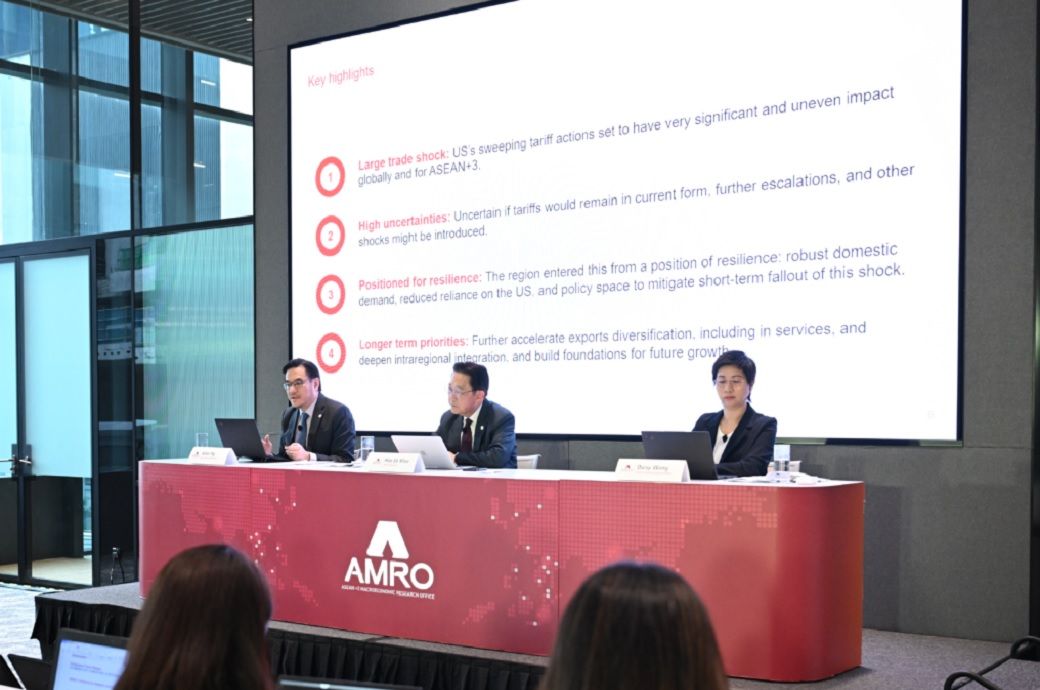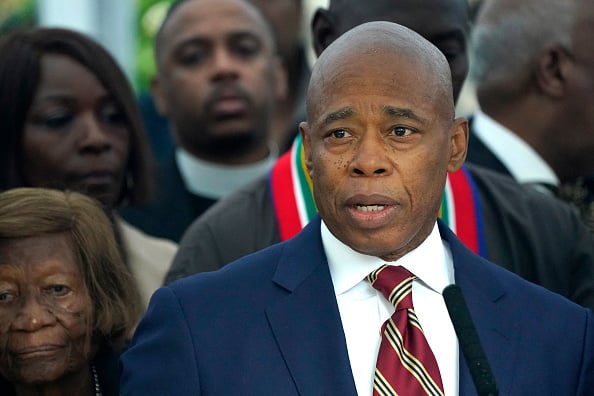OCI Is Broken—And Big Law Is Losing Its Grip
Big Law has stopped pretending this is about merit, and students have stopped pretending to believe it. The post OCI Is Broken—And Big Law Is Losing Its Grip appeared first on Above the Law.


Stanford just announced that their 2L On-Campus Interviewing (OCI) is scheduled from May 5 to 9. That’s not a typo. That means that OCI—the key moment in top law students’ paths where they secure that 2L summer job that leads to an offer after graduation—is happening before students have started their 1L summer positions. Before they’ve cite-checked a single brief. Before they’ve even figured out where they’re going to be living this summer. As strange as that is, it’s not just happening at Stanford.
More and more firms—especially the big ones—are bailing on the traditional OCI schedule and pushing interviews earlier and earlier. Some are now happening in March or April, which means students are being asked to choose where they want to spend their legal careers before they’ve begun studying for second semester finals. Most probably got those 1L positions just a month or so earlier.
OCI has never exactly been the gold standard of meaningful hiring, but there was some semblance of rigor. Firms would wait until students had grades from 1L year and had done something in the legal field over the summer—even if it was mostly research projects and networking happy hours. There was just enough meaningful data to work with for firms to keep up the illusion that this was all based on merit or experience.
But now, that illusion is pretty much gone.
These days, firms are locking in hires before students have had their first real deadline, before they’ve figured out what areas of law they like, or what kind of office culture they can stand. And honestly, Big Law doesn’t seem too concerned about it—probably because the actual experience of those summer programs was never the point.
If you’ve ever done one, you already know. A summer in Big Law is not designed for training, mentorship, or evaluation (except for the 1 in 20 who don’t mesh with that particular fraternity and receive the dreaded “no offer”). It is built to secure long-term hires: offer up a $225,000 salary, host a few rooftop events, and that’s basically it. The work is carefully curated, the feedback is vague (if it exists at all), and the whole thing feels more like an extended pitch than a preview of the job.
So pushing interviews earlier doesn’t break the system—it just makes it obvious that the system wasn’t really about developing lawyers in the first place. These changes might have gone without comment in the era when Big Law was the ultimate prize, whatever fictions aspiring lawyers might have to tolerate along the way.
The money—once-unparalleled in the market—used to let Big Law effortlessly lead the recruiting pack. But boutiques and plaintiffs’ firms that were seen as fallback options are now, at times, at the top of the pay scale and setting those trends (for some of us, that’s been true for a while). Some offer higher base salaries. Others hand out bonuses that Big Law can’t touch. The idea that you need Big Law to make serious money simply isn’t true anymore.
And if the money’s not a differentiator, all that is left is prestige. Even that’s starting to fall apart. When the vast majority of Big Law (with some notable exceptions) stayed quiet in response to Trump’s blacklisting, the myth of moral authority and institutional power took a hit. Clients noticed. Law students did too. That Skadden offer that used to be a mic-drop moment? Now it’s more likely to draw an “interesting choice.”
Students are pushing back. Associates are leaving. Meanwhile, boutiques and plaintiffs’ firms were, very noticeably, the ones willing to take a stand. At Edelson, the number of Big Law attorneys applying to lateral has jumped from 20 a week to over 200. That’s not just a blip—it’s a shift.
The OCI switch isn’t the last gasp of Big Law hiring, but this is a remarkable moment to be doing it. Big Law has stopped pretending this is about merit, and students have stopped pretending to believe it. The whole charade is kind of over. And really? That’s probably for the best.
Because the next wave of lawyers isn’t sitting around waiting for the perfect firm to pluck them off the OCI schedule. They’re looking for jobs where they’ll actually learn something, where they’ll get real responsibility, and yeah—where they’ll get paid what they’re worth. Right from the start.
OCI didn’t cause that shift. It just made it impossible to ignore.
Kelsey McCann is chief of staff at Edelson PC, where she chairs both the hiring committee and summer associate committee and sits on the executive committee.
The post OCI Is Broken—And Big Law Is Losing Its Grip appeared first on Above the Law.










































































































































































